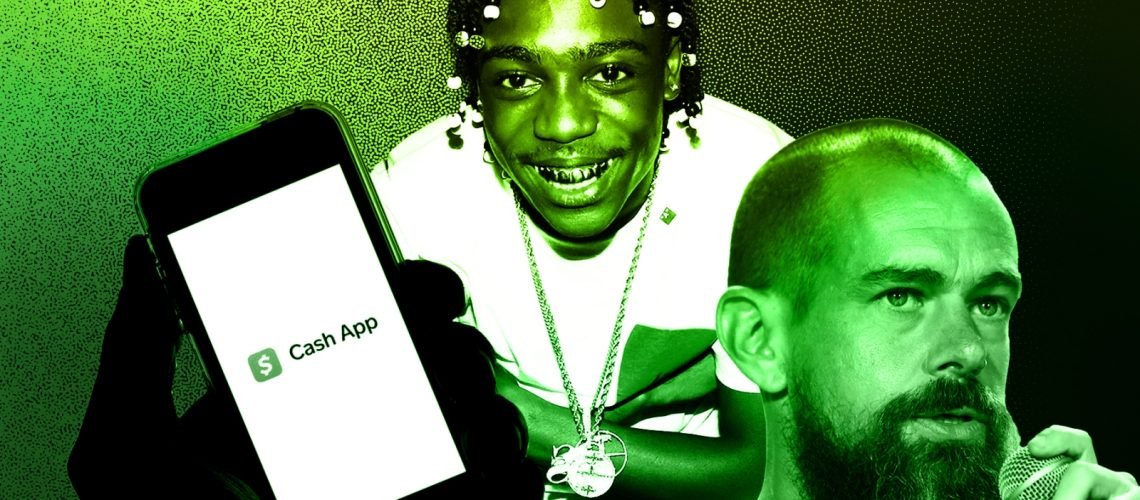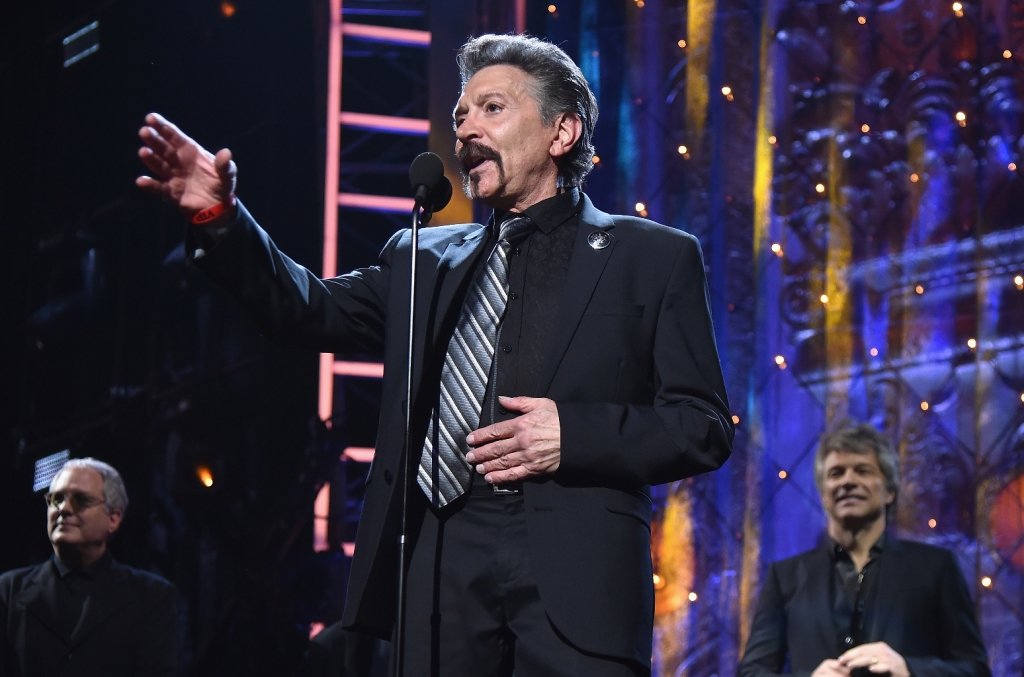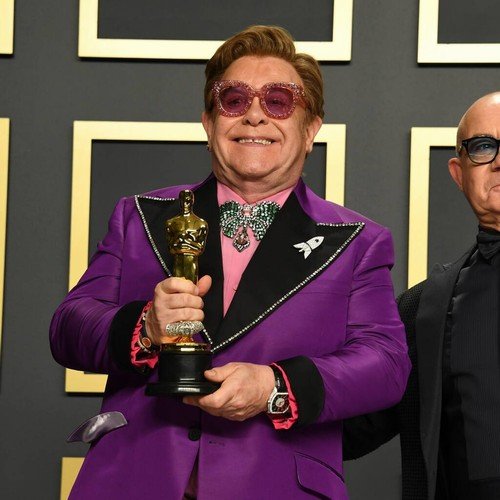On Thursday, the forensic financial research firm Hindenburg Research released a report accusing Jack Dorsey’s Block, formerly Square, of operating as a digital hub for fraud. The two-year investigation concluded that “Block has systematically taken advantage of the demographics it claims to be helping” and that the company has a “willingness to facilitate fraud against consumers and the government, avoid regulation, dress up predatory loans and fees as revolutionary technology, and mislead investors with inflated metrics.”
The report references several rap songs to demonstrate how popular they believed Cash App, the mobile payments service Block launched in 2013, has become for illicit transitions. Thanks to its focus on “frictionless technology,” the report accuses Block of letting fraud run rampant on its platform in order to grow its user base. In one example, the researchers note how shortly after then-President Trump announced expanded unemployment benefits during the pandemic, Dorsey tweeted that Cash App Users could get their payments “immediately” with “no bank account needed.” Immediately after dispersals started, states began flagging fraudulent transactions.
In this environment, amid Cash App’s anti-compliance free-for-all, the app stepped in to facilitate a wave of government COVID-relief payments.
Dorsey Tweeted users could get payments through Cash App “immediately” with “no bank account needed” due to its technology. (19/n) pic.twitter.com/xni1YmdK0o
— Hindenburg Research (@HindenburgRes) March 23, 2023
Last July, LA rapper Nuke Bizzle, real name Fontrell Antonio Baines, was sentenced to six years in prison after pleading guilty to fraud. He was accused of filing more than $1 million in fraudulent unemployment claims with stolen identities. Twelve days before his arrest, he and Fat Wizza released a music video for “EDD,” which stands for Employment Development Department, the department in charge of distributing unemployment in California. He rhymes, “I done got rich off of EDD / Ain’t hit no more licks ’cause of EDD,” and “ten cards, that’s two hunnid’ large.” The Hindenburg investigation notes that Cash App was “the only payment provider mentioned” in Baines’ indictment.
Editor’s picks
The report also proposes that by not banning blacklisted users’ social security numbers, Cash App is complicit in allowing scammers to stay on the platform. To reinforce the point, they namecheck Teejayx6’s “Cashapp,” where he rhymes, “They banned my Cash App because I sent a thousand transactions…I just bought another phone and made a Cash App.” The video has over 500k views on YouTube. There’s another video entitled “TeeJayx6 2020 Fraud Bible Cashapp Method LIVE ( REALLY WORKS ),” where an apparent Teejayx6 fan shows himself committing fraudulent transactions.
Trending
An even more damning element of the Hindenburg report focuses on Block promoting Brooklyn rapper 22GZ’ “Cashapp” single, where he rhymes, “I pay them hitters through Cash App.” In the video, he holds up a phone showing the app, then makes a throat-slitting motion. Perhaps Jack Dorsey, who bought digital streaming provider Tidal in 2021, likens himself to a progressive giving 22GZ his artistic license. But for others, their amplification of a song solely devoted to using their app for murders crosses a line.
The report’s overall thesis isn’t just that Block was too easy for fraudsters but that Cash App was aware of these dynamics, in part from the so-called “scam rap” scene. So-called scam rap is rap’s most tenuous test for the line between art and reality. While it’s simple enough for artists with no proximity to the streets to depict themselves as gangsters or drug dealers with general boasts and threats, the permutations of scamming are still so hypogeal that the rappers who get the most specific in their lyrics may be putting a target on their back. The justice system is already eager to criminalize rap lyrics, and now it appears activist investors are using them to send a stock price sinking. Block shares reportedly plunged 19% after the report. In a statement, Block said it “reviewed the full report in the context of our own data and believe it’s designed to deceive and confuse investors.”




